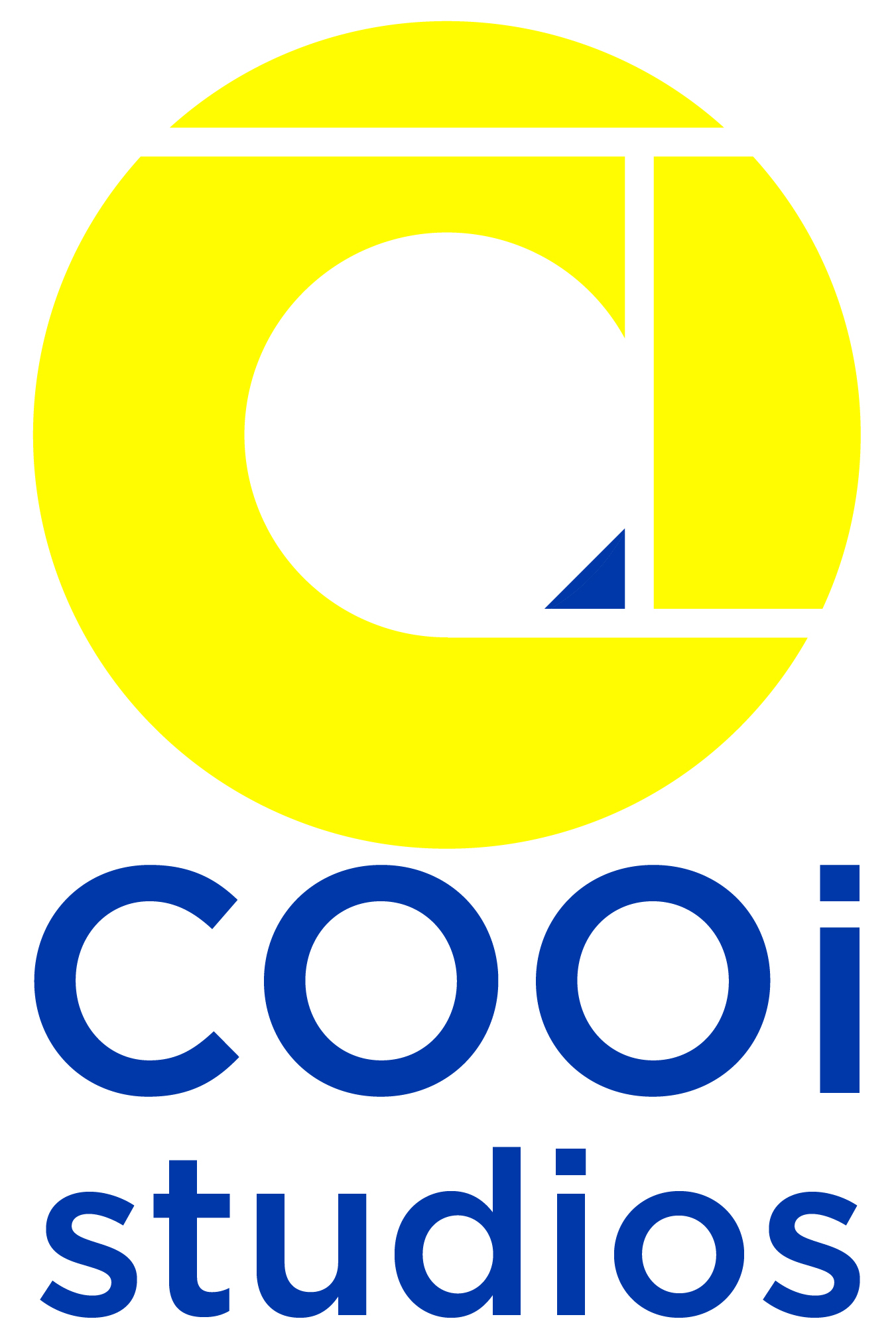
The Entrepreneurial South African State
July 11, 2019The mushrooming of science parks or more popularly known as hubs, go as far back as the 1950s. These parks are set-up by government and private sector partnerships. Hubs can be defined as “…an organisation managed by specialised professionals, whose main aim is to increase the wealth of its community by promoting the culture of innovation and the competitiveness of its associated businesses and knowledge-based institutions. To enable these goals to be met, a hub stimulates and manages the flow of knowledge and technology amongst universities, R&D institutions, companies and markets; it facilitates the creation and growth of innovation-based companies through incubation and spin-off processes; and provides other value added services together with high quality space and facilities”
The role of a science park is usually targeting the development of high-tech companies, it thrives in nurturing emerging technologies in developing countries by promoting an innovation, supporting or helping the firm to access various capabilities, foster growth and networking. The knowledge exchange that occurs in these science parks results in spillover effects. This finding led to the Gauteng provincial government in South Africa to establish the Innovation Hub. They are three types of innovation hubs; traditional science parks, activity-based innovation centres and third generation co-creation models.
- Traditional science parks, comprise of state of the art facilities, they typically attract research based startups in high tech. These parks are capital intensive and are usually government driven. An example is The Innovation Hub in Pretoria
- Activity based innovation centres, typically originate from business communities, universities or research organisations, they are more focused on location as opposed to physical facilities and provide entrepreneurs with a service for addressing their business needs. An example is Tshimologong in Johannesburg
- Third generation co-creation models integrate social and commercial objectives, seeking to create synergies amongst stakeholders and drive informal communications by providing inspiring spaces for innovation in a low risk context. An example is co-working spaces in cities
As a startup choose your hub very careful, as this will either stifle your growth or give you an advantage. Firstly decide what you primary business needs are, and then select one that can help you best meet them. If you are a high tech start-up, choose a science park that can support you with the relevant facilities. If you already have a product and need market access, choose a hub that can broker the right relationships/customers to help you grow. Please feel free to reach out to the COOi team for more tailored guidance at hello@cooistudios.com



